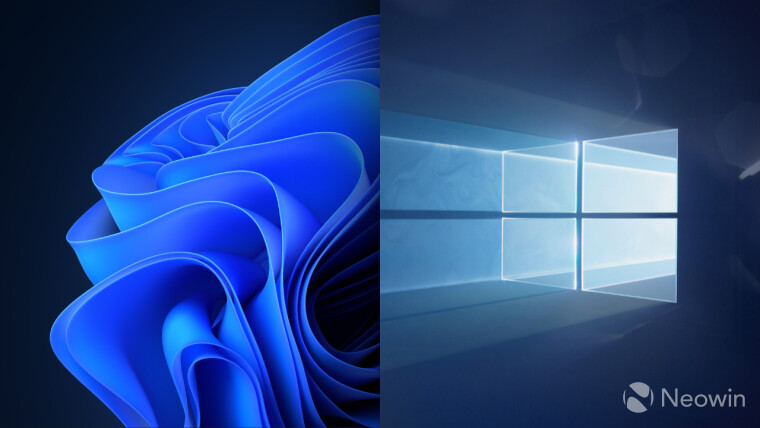Let’s put it this way; when Microsoft announced its plans to start adding features to Windows 10 once again, despite the operating system’s inevitable demise in October 2025, everyone expected slightly different things to see ported over from Windows 11. Sadly, the latest addition to Windows 10 is one of the most annoying changes coming from Windows 11’s Start menu.
Earlier this year, Microsoft introduced a so-called “Account Manager” for Windows 11 that appears on the screen when you click your profile picture on the Start menu. Instead of just showing you buttons for logging out, locking your device or switching profiles, it displays Microsoft 365 ads. All the actually useful buttons are now hidden behind a three-dot submenu (apparently, my 43-inch display does not have enough space to accommodate them). Now, the “Account Manager” is coming to Windows 10 users.
The change was spotted in the latest Windows 10 preview builds from the Beta and Release Preview Channels. It works in the same way as Windows 11, and it is disabled by default for now because the submenu with sign-out and lock buttons does not work.



I’ve been using Windows personally and professionally since 3.1, and Windows 11 was the last straw that finally got me to jump over to Linux for my home PC. I hate what Windows has become but I’ve got a lot of history with it. My experience with Linux (Mint FWIW) has been as smooth as it ever was in Windows, neither of which was perfect. I’m a definite convert from Windows and would encourage most people to consider taking the leap themselves.
I gotta disagree with you about modern Powershell and terminals in Windows, though. Good terminal? Windows Terminal has been around for years now. It’s fast and functional. Whether Powershell’s parameters are “sane” is probably a matter of taste, but I’m definitely willing to stick up for its usability. Yes, the parameter names are much more verbose, but they all get tab completion out of the box, and you don’t have to type the full names at all, just enough of the start of the name to be unambiguous. For personal automation scripts, I think Powershell is way ahead of Bash. Parameters get bound automatically without needing to write
for/caseloops withgetopts. You can write comments at the top of the file that automatically get integrated into Powershell’s help system. Sending objects through the standard pipeline means you spend a lot less time and code just parsing text.